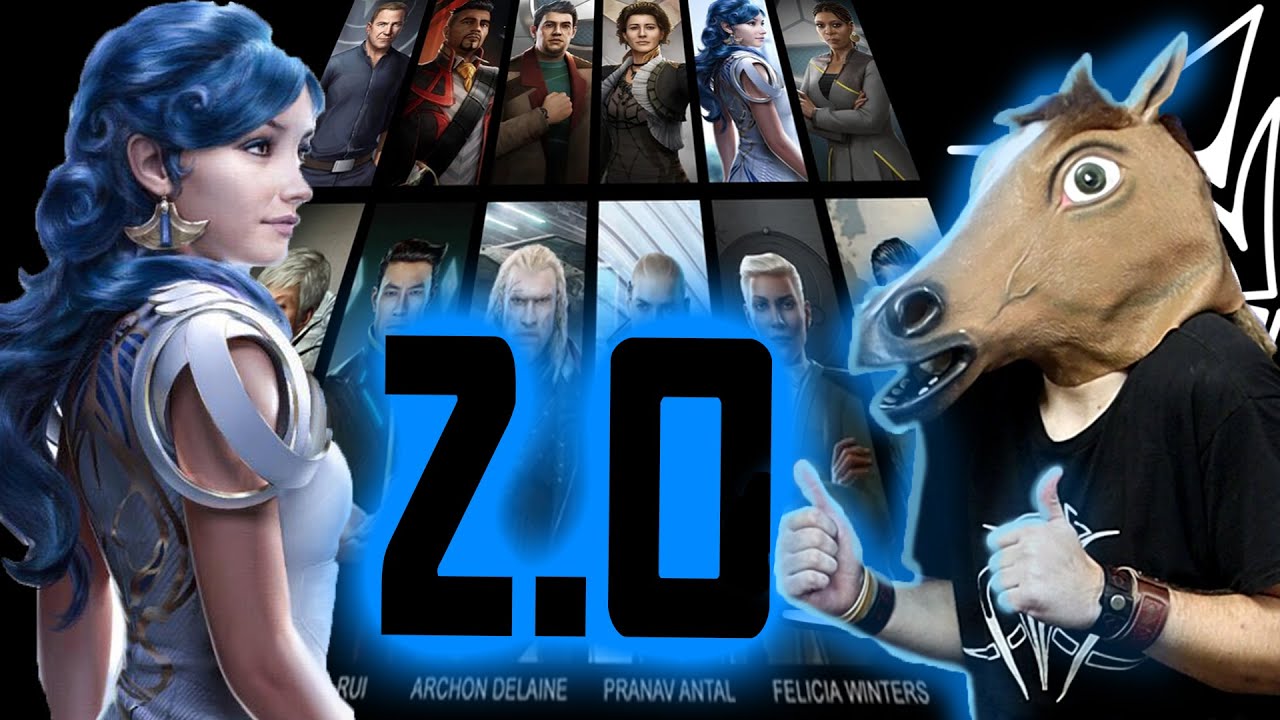The Power Play 2.0 update in Elite Dangerous improves the original system by removing merit decay, easing progression, and making modules more accessible, enhancing the overall player experience. However, it remains grind-heavy, lacks promised PvP-focused features, and suffers from design flaws and bugs, resulting in a mixed but generally positive reception.
The video reviews the Power Play 2.0 update in Elite Dangerous, a subsystem designed to engage players in the Background Simulation (BGS) and encourage open-play PvP. The original Power Play system was widely disliked due to its punishing mechanics, including a four-week wait for module acquisition and weekly halving of merits and ranks, which made progress feel futile. Power Play 2.0 removes these frustrations by eliminating the merit decay, allowing players to unlock all power play modules regardless of their pledged power, and removing the long waiting periods. These changes significantly improve the quality of life and progression experience, making the system feel more rewarding and less like a grind.
Despite these improvements, the update is not without flaws. The system remains grind-heavy, requiring between 100 to 200 hours of gameplay to reach maximum rank and unlock all rewards. Merit farming is dominated by a few activities such as rare goods trading, mining, and specific combat missions, with exploration offering no merit rewards at all. This limits player choice and makes the grind feel monotonous. Additionally, some design choices, like the inefficiency of combat compared to trading and the necessity of using macros for optimal performance, detract from the overall experience.
Another major criticism is that Power Play 2.0 fails to deliver on promised features like the “freedom fighters” mechanic or making Power Play exclusive to open play, which would encourage more PvP. The system still allows solo and private play, undermining its original intent as a PvP-focused feature. This has led to a sense of stagnation, as there is no meaningful penalty or dynamic consequence for powers that perform poorly, making the political aspect of the game feel static and less engaging.
The update also suffered from bugs and exploits, notably an issue with the Armstrong Moment missions that allowed some players to farm merits excessively, forcing the developers to temporarily disable Power Play in affected systems. These technical problems further complicated the rollout and reception of the update. Nevertheless, the core improvements to progression and module accessibility have been widely appreciated by the community and have helped restore some trust in the development team.
In conclusion, Power Play 2.0 is a mixed bag: it is not outstanding but represents a clear step forward compared to the original system. The update prioritizes quality of life improvements over new content, which has rejuvenated player interest despite the grind and remaining design flaws. While it still falls short of fulfilling all its promises, especially regarding PvP focus and dynamic gameplay, it offers a solid foundation for future enhancements and is considered a “nice” improvement rather than a bad one.
